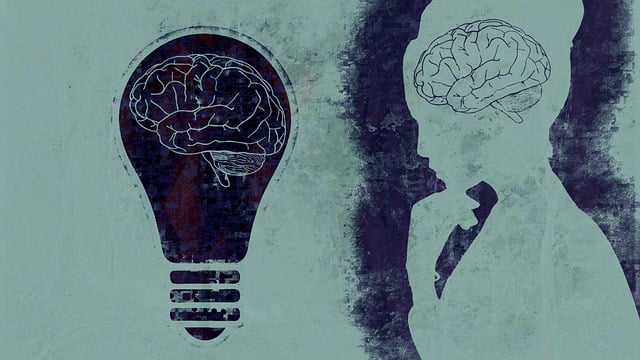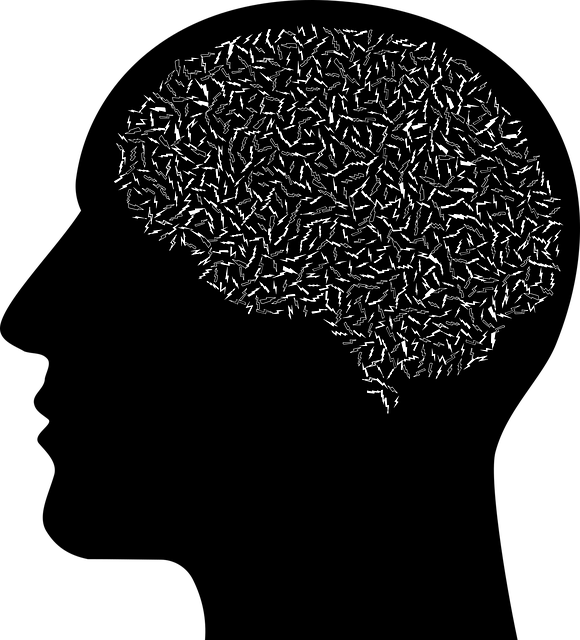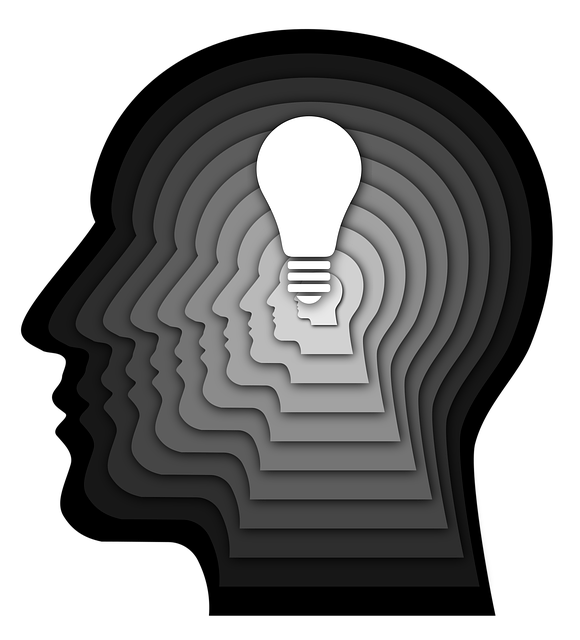Superior Acceptance and Commitment Therapy (ACT) apps are revolutionizing mental wellness coaching by combining evidence-based cognitive strategies with mindfulness exercises, offering guided journaling for self-discovery, mood management tools for emotional regulation, and tailored behavioral change. As the digital mental wellness market grows, these apps cater to diverse needs, from stress reduction to trauma support, demanding exceptional content and user experiences to meet modern users' expectations of both short-term coping mechanisms and long-term behavioral change.
In today’s digital age, mental wellness apps are transforming how we approach our psychological well-being. Among these, Acceptance and Commitment Therapy (ACT) stands out as a powerful evidence-based approach. This article delves into the development of ACT-based apps, exploring key features that enhance user experiences while adhering to superior therapeutic principles. By understanding market trends and user expectations, developers can create innovative tools that effectively support mental health journeys.
- Understanding Acceptance and Commitment Therapy (ACT) for Mental Health
- Key Features to Include in a Successful ACT-Based App
- Market Trends and User Expectations for Mental Wellness Apps
Understanding Acceptance and Commitment Therapy (ACT) for Mental Health

Acceptance and Commitment Therapy (ACT) is a groundbreaking approach to mental health treatment that focuses on helping individuals embrace their experiences while committing to actions aligned with personal values. This therapy goes beyond traditional talk therapy by encouraging emotional regulation and mindfulness techniques, allowing users to navigate life’s challenges with greater flexibility and resilience. ACT recognizes that trying to avoid or suppress negative thoughts and emotions can often lead to a worsening of symptoms, especially in those struggling with mental illness stigma reduction efforts.
By fostering a non-judgmental mindset, ACT empowers individuals to let go of unhelpful behaviors and thought patterns, enabling them to engage fully in the present moment. This practice is particularly beneficial for improving overall mental wellness as it promotes self-acceptance and a deeper understanding of one’s values, ultimately leading to more meaningful actions. Through various exercises, apps incorporating superior Acceptance and Commitment Therapy can guide users toward a path of self-discovery, enhanced emotional regulation, and a profound sense of personal growth.
Key Features to Include in a Successful ACT-Based App

A successful ACT-Based app for mental wellness coaching should incorporate key features that enhance and support users’ commitment to therapy. Firstly, integrate Mental Wellness Journaling Exercise Guidance to allow users to track their thoughts, feelings, and behaviors, fostering self-awareness and mindfulness. This feature enables them to identify patterns and progress over time, reinforcing the principles of acceptance and mindfulness central to Superior Acceptance and Commitment Therapy (ACT).
Additionally, include tools for Mood Management. Incorporate features that help users monitor and regulate their emotions through techniques such as cognitive reappraisal or distress tolerance skills. These tools should provide actionable strategies tailored to individual needs, promoting better emotional regulation and overall mental wellness. Such functionalities, combined with consistent use of ACT principles, can significantly contribute to the development of robust Mental Wellness Coaching Programs.
Market Trends and User Expectations for Mental Wellness Apps

In today’s digital age, mental wellness apps have seen a surge in popularity, reflecting a significant shift in user expectations regarding access to psychological support. The market is increasingly saturated with various mental health solutions, but there’s a growing demand for innovative approaches that cater to diverse needs. One such trend gaining traction is the integration of Acceptance and Commitment Therapy (ACT), recognized as an effective method for promoting emotional healing processes and fostering personal growth. Users are seeking apps that offer tailored, evidence-based programs, combining cognitive strategies with mindfulness exercises to enhance overall mental wellness.
Beyond stress reduction and anxiety management, modern users expect their mental wellness apps to address broader aspects of well-being, including confidence boosting and trauma support services. There’s a compelling need for apps that not only provide coping mechanisms but also facilitate long-term behavioral changes, helping individuals lead more fulfilling lives. As the competition in this space intensifies, developers must stay attuned to user expectations, ensuring their apps deliver both quality content and exceptional user experiences.
In conclusion, the development of mental wellness apps centered around Acceptance and Commitment Therapy (ACT) presents a promising avenue for improving global mental health. By incorporating key features such as mindfulness exercises, values clarification, and cognitive defusion techniques, ACT-based apps can offer accessible and effective support to users. Understanding market trends and user expectations is crucial for creating successful and engaging apps that meet the growing demand for digital mental health solutions. Embracing superior ACT practices ensures these apps deliver tangible benefits, fostering resilience and enhancing overall well-being for users worldwide.














